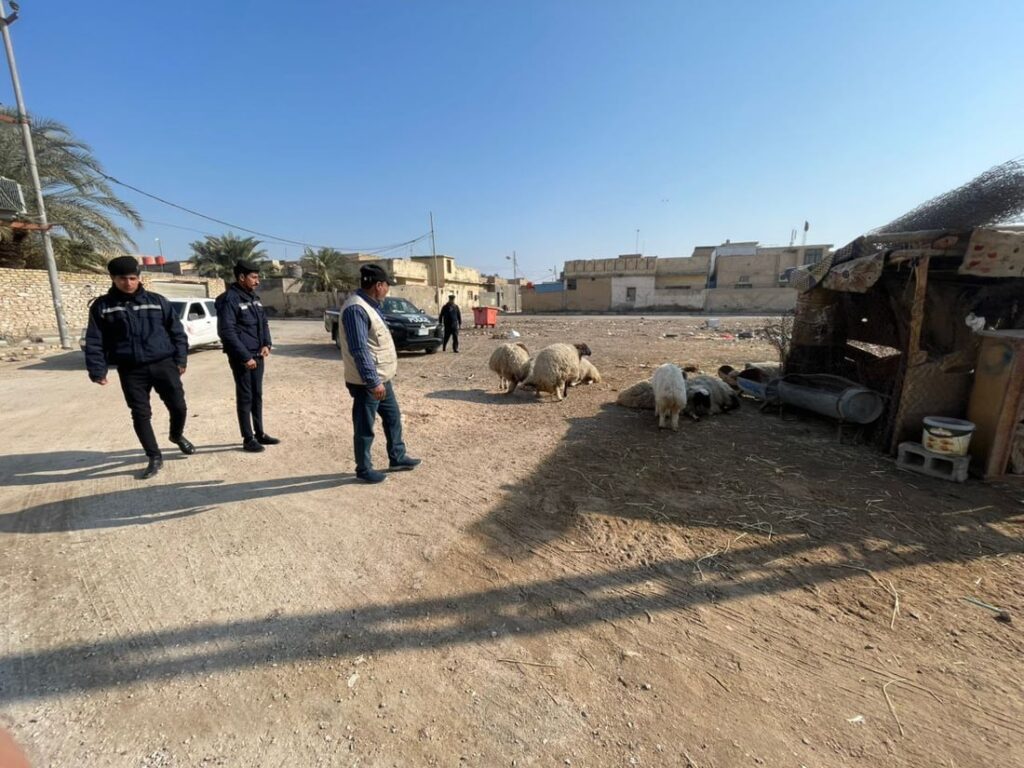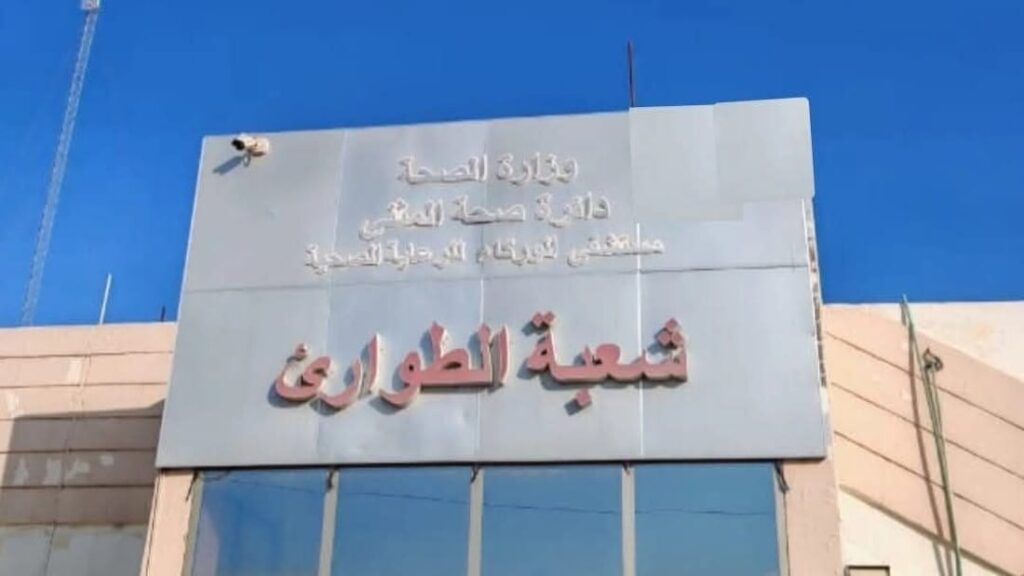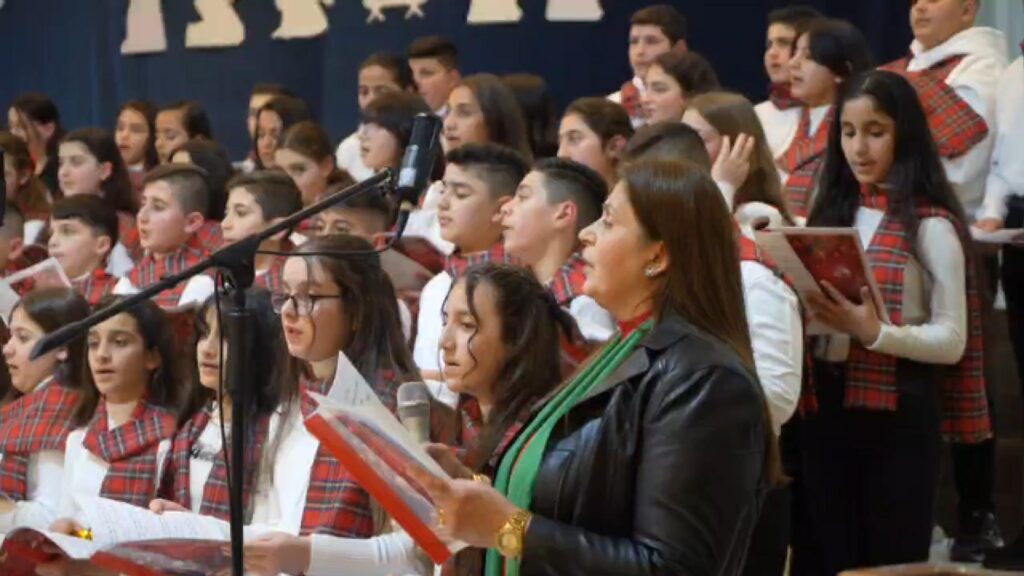Iraq: ISHM: January 16 - January 23, 2020

Key Takeaways:
Protests Intensify And Government Forces Respond With Excessive Force; Debate Heats Up Over U.S. Forces Presence With Militias Planning Anti-U.S. Rallies On Friday; Two New Candidates Take The Lead In The Race For The Premiership – – On January 17, Iraqi protesters intensified their activity in several provinces as the January 20 deadline they set last week for parliament to end political deadlock and select a new and independent prime minister approached and passed. Government forces responded to road closures by protesters with excessive force, including live bullets and tear gas, killing at least ten protesters in several provinces. On January 16, a spokesman for care-taker PM Adil Abdul-Mahdi denied that Iraq and the U.S.-led Coalition had resumed joint anti-ISIS operations. Meanwhile, militias increased their pressure for the expulsion of U.S. and are planning mass anti-U.S. protests on Friday (January 24). On January 22, 62 members of Parliament endorsed a draft bill to repeal immunity from prosecution that Baghdad had granted to U.S. forces in June 2014, ahead of their arrival to support the Iraqi military against ISIS. President Salih, however, spoke in favor of continued cooperation with the U.S. during discussions with U.S. Secretary of State Mike Pompeo and President Trump, to which militia leaders responded by calling for Salih to “be banished from Baghdad.” On January 20, political sources reported that negotiations among political parties to select a new prime minister were converging on two candidates, former minister Mohammad Tawfiq Allawi and former intelligence chief Mustafa al-Kazemi. more…
IEDs And Assassinations Hit Several Provinces; U.S. Embassy Attacked With Rockets Again; U.S. Considers Deploying Anti-Missile Defenses To Protect Personnel In Iraq – On January 16, ISIS militants attacked a village between Diyala and Salah ad-Din with eight mortar rounds, without causing casualties. On January 17, gunmen killed a member of the oil protection police in Mahmudiya south of Baghdad. On January 17, Iraqi security forces (ISF) killed several ISIS militants during a four-hour firefight in the Tarmiyah district, north of Baghdad. On January 18, ISIS militants attacked an Iraqi army post in Tel al-Theib area in Kirkuk, killing one soldier.On January 18, gunmen used silenced weapons to kill a civilian in al-Husayniyah, north of Baghdad. On January 19, two IEDs injured four civilians in eastern Baghdad. On January 19, an IED exploded in the Rifai district in Dhi-Qar without causing casualties. On January 20, an IED injured two civilians in Badush, northwest of Mosul. On January 20, an IED exploded in the Shatra district in Dhi-Qar province without causing casualties.On January 20, three rockets fell near the U.S. embassy in Baghdad. Care-taker PM Adil Abdul-Mahdi called for an immediate investigation. On January 21, an IED exploded on a minibus in the eastern Mosul, injuring two civilians. On January 22, gunmen killed a civilian in the Kamaliya area of eastern Baghdad and a member of the popular mobilization forces (PMF) in Nasiriyah. On January 23, gunmen opened fire killed a civilian near the protest site in central Basra, while ISIS militants kidnapped and killed a citizen in al-Hadar district, south of Mosul. On January 23, American officials told Fox News that the Pentagon is considering the possibility of deploying anti-missile defense systems in Iraq to protect U.S. personnel stationed in the country. more…
UN OCHA Says Access Restrictions Since December Disrupted Assistance To 2.4 Million In Need; Amnesty International Condemns Violence Against Protesters As Security Forces Kill More Activists And Journalists – On January 16, the UN Office for the Coordination of Humanitarian Affairs reported that the Iraqi government has failed to renew the permits that allow humanitarian organizations to deliver aid and services to populations in need. OCHA warned that without access permits, the operations of humanitarian organizations would “come to a complete halt” in a few weeks. Since December, these access restrictions have already impacted close to 2.4 million people who require assistance, including internally displaced persons and refugees, and disrupted more than 2,450 humanitarian activities. On January 20, Amnesty International urged the Iraqi government to respect the right of Iraqi civilians to protest, calling on the Iraqi security forces to defend that right instead of using violence to suppress it. According to the Iraqi High Commission for Human Rights, at least ten demonstrators have died from live bullets and tear gas canisters in the latest wave of protests. Casualties included photojournalist and volunteer paramedic Yousuf Sattar. more…
IEA Says Iraq’s Oil Supplies “Vulnerable”; Dates Production Declined Further In 2019; Government Expands Temporary Unemployment Benefits; Sanctions Could Disrupt Gas And Electricity Imports From Iran – On January 16, the International Energy Agency (IEA) said that Iraq was a “potentially vulnerable” oil source in light of military hostilities between the U.S. and Iran in Iraq and economically disruptive Iraqi protest activity. On January 20, Iraq’s Central Bureau of Statistics said Iraq produced 639,000 tons of dates in 2019, representing a 1.1% decline from 2018 figures. On January 21, the Iraqi government expanded of a program to pay temporary stipends to unemployed Iraqis. The program will give 900,000 unemployed Iraqis (instead of 150,000 prior ti the expansion) a monthly grant of ID 175,000 (approximately $145) per person for three months. On January 21, The Trade Bank of Iraq, which handles payments for Iraq’s purchases of gas and electricity with Iran, announced that it would have to cease issuing such payments should the U.S. refuse to extend a waiver program that exempts Baghdad from American sanctions against Iran. more…
For more background on most of the institutions, key actors, political parties, and locations mentioned in our takeaways or in the stories that follow, see the ISHM Reference Guide.



